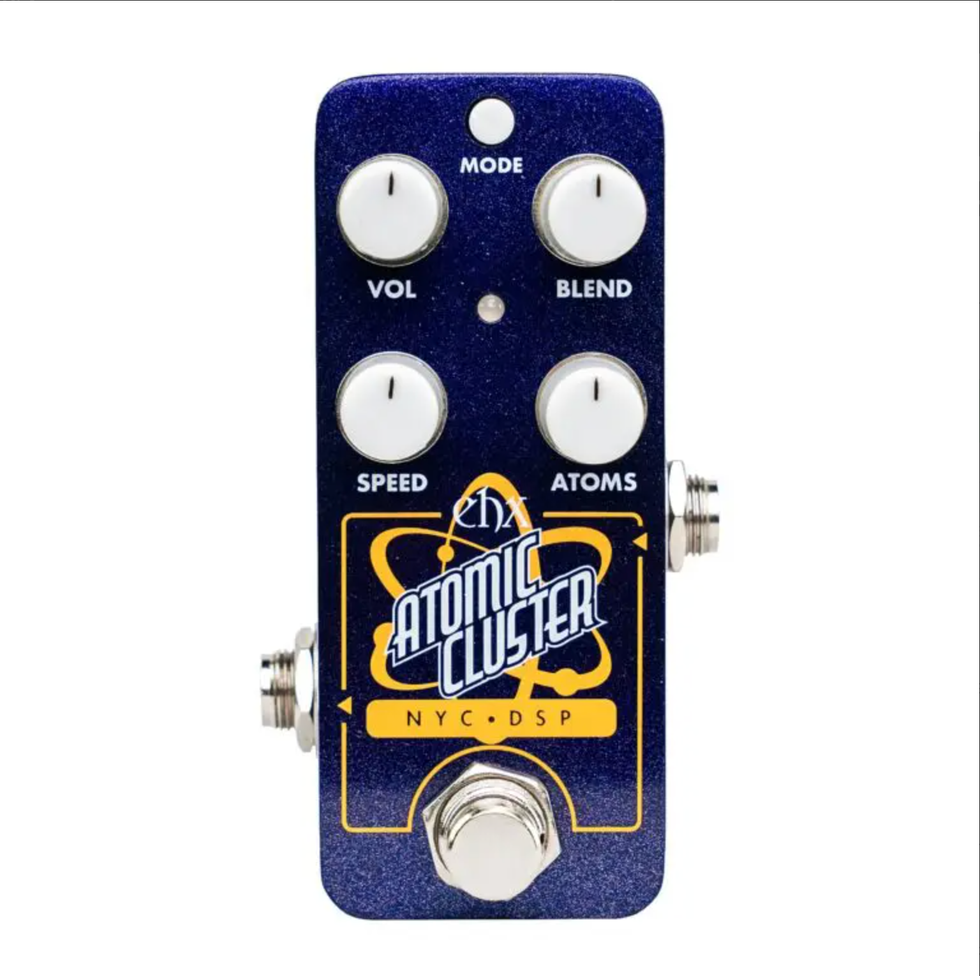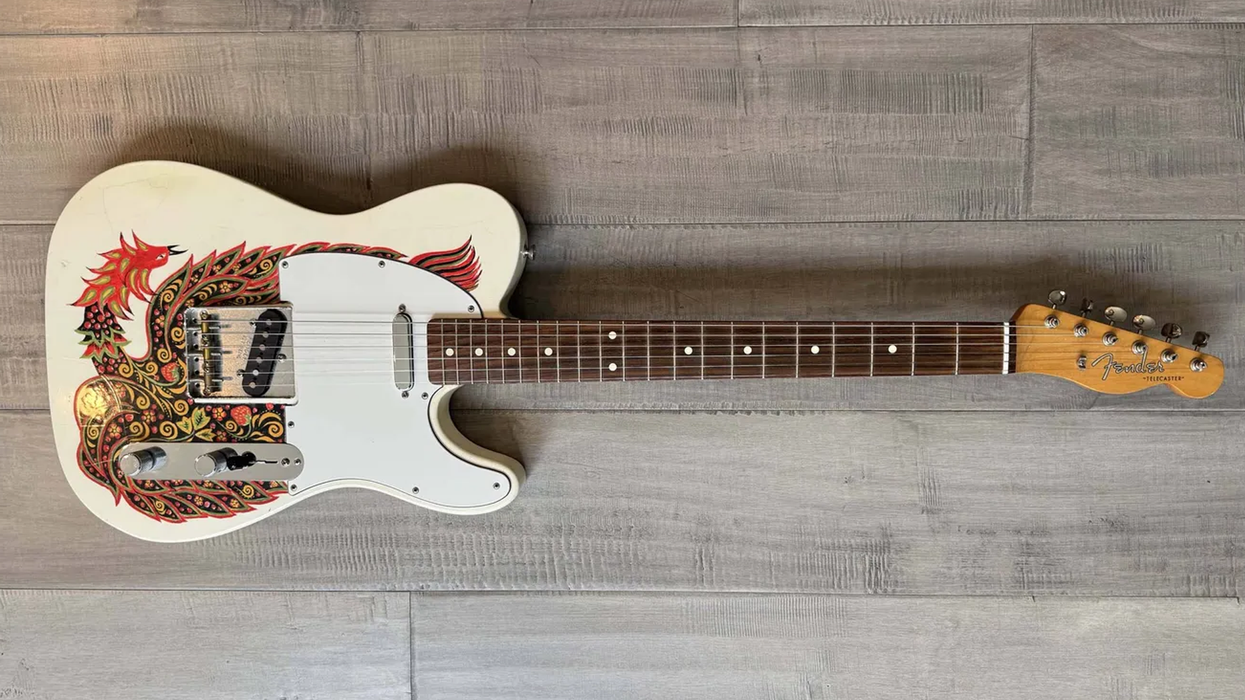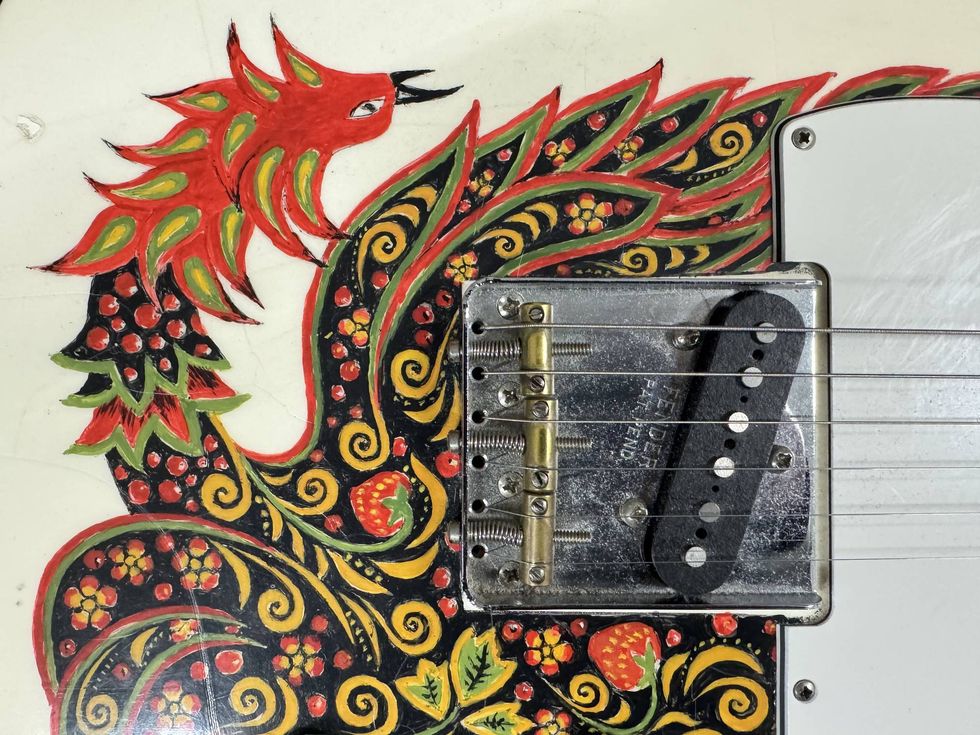Most of us have heard hundreds, if not millions of those trite-and-true musician jokes, such as:
What do you call a beautiful blond on a bass player's arm? A tattoo.
What's the last thing a drummer says before he gets fired? “When are we going to record some of my songs?"
But let's not waste time on those old chestnuts. Rather, let's explore funny crap about musicians from a slightly different angle. I'm talking idioms. (Drummers, go look that word up ... we'll wait.)
Half the fun of being part of any subculture is having your own language. Ever hang out around plumbers and hear the crazy stuff they say? It's hilarious. Turns out, musicians have even funnier stuff, so I thought: Why not just list a bunch of them and pass that off as my monthly column?
Behold, assembled in one tidy list packed with plagiarism, I give you: The 2014 Premier Guitar Incredibly Limited Dictionary of Musician Idioms.
A Russian dragon: A player whose tempo tends to both rush and drag.
A reverse moose: A cool band with a very unpleasant front-person. (Explanation: On a regular moose, the horns are in front and the ass is in back. In some bands, it's the reverse.)
A Rolex: A showy drummer incapable of keeping accurate time.
A third for a word: An unethical bit of douche-baggery where producers or artists say they want to rewrite your song before recording it. They then make an unnecessary, minor change and claim a large chunk of the writing and publishing shares for themselves. For example: “Robert, your lyrics are good, but not quite there. Let's change it to 'She's leasing a stairway to heaven.' That's waaaaaaay better."
Billy goat: A singer who often employs a very wide, fast, unpleasant vibrato.
Crossfade dissonance: A disagreeable harmonic discord caused by a musician combining improvisation with cannabis and alcohol.
Clams: Mistakes made during a performance.
One-man clam bake: A performance in which a single band member makes many mistakes.
Friday-night Red Lobster clam special: An entire evening's performance replete with mistakes played by multiple band members.
having your own language.
Earn while you learn: An unrehearsed, paid gig that forces musicians to discern changes and arrangements in real time as they play.
Facebook foe/Twitter twat: A person who uses social media to post disparaging comments about your band.
Mixing by 2x4: When a front-of-house engineer simultaneously pushes all the faders all the way up, usually near the end of the show.
On/off dynamics: A musician who plays exclusively at full volume (often drummers and/or bassists).
Playing by Braille: 1.Performing on a dark stage where you cannot see your charts and/or instrument. 2. Performing on a drunken stage.
Pitch approximator: A non-fretted instrument: a pedal steel, violin, or Dobro. Used in a sentence: “For the love of cheese, please turn off the pitch approximator in my mix. I'm trying to sing here!"
Wire and fire: When you have very little time for a soundcheck—only enough to plug everything in and then dial up the most basic mix before the show.
Plug and play: When you have no soundcheck, just a line check to make sure you're getting signal to the front-of-house.
Plug and pray/throw and go: Throw your gear up on the deck while the crowd watches, plug in your guitar, and pray everything works.
Strong and wrong: When a player does not know how a song goes but jumps in boldly hoping this confidence will fool the audience.
Skeleton key: A pet riff or lick that a musician uses too often. Used in a sentence: “Sitting through John's performance was particularly painful tonight. He used that skeleton key riff in every one of his underwhelming solos."
Ab minor: What you get when you drop a piano down a mineshaft.
Faithful readers, please contribute your own musician idioms in this column's comment section at premierguitar.com and/or on PG's Facebook page. With your help, this soon-to-be-auspicious tome of semi-knowledge will be read by musicians for ages to come, thereby expanding our vocabulary of idioms and further alienating the musicians from the normals.








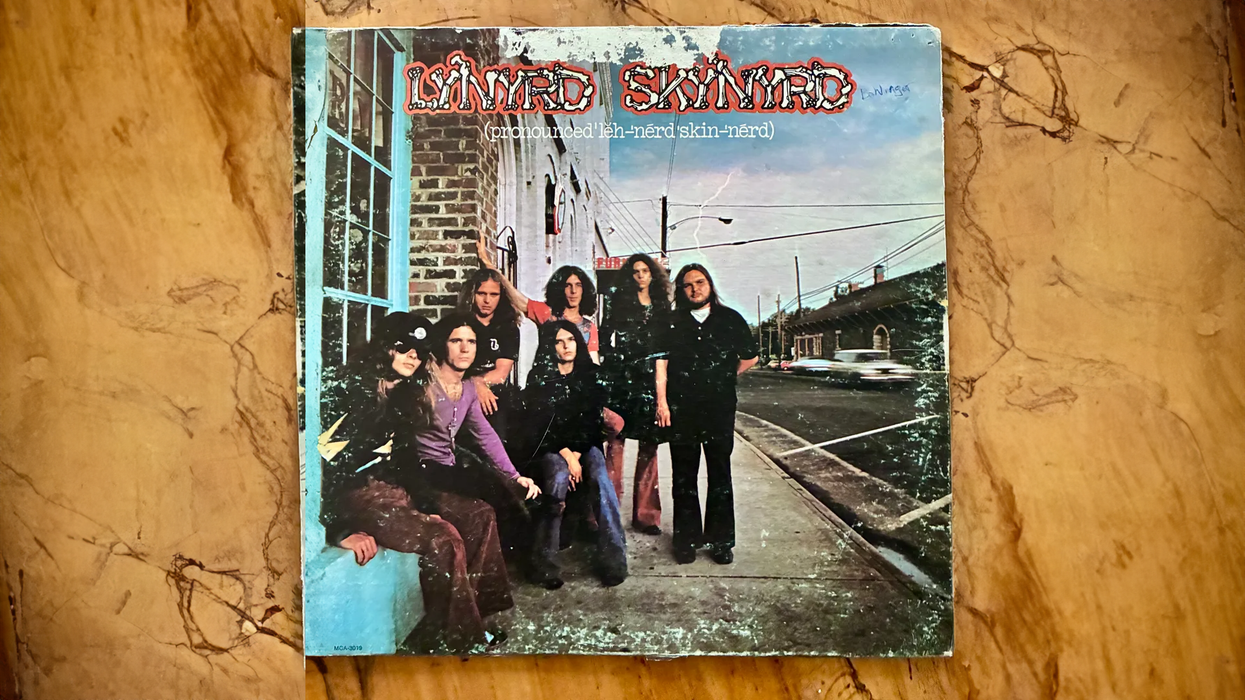

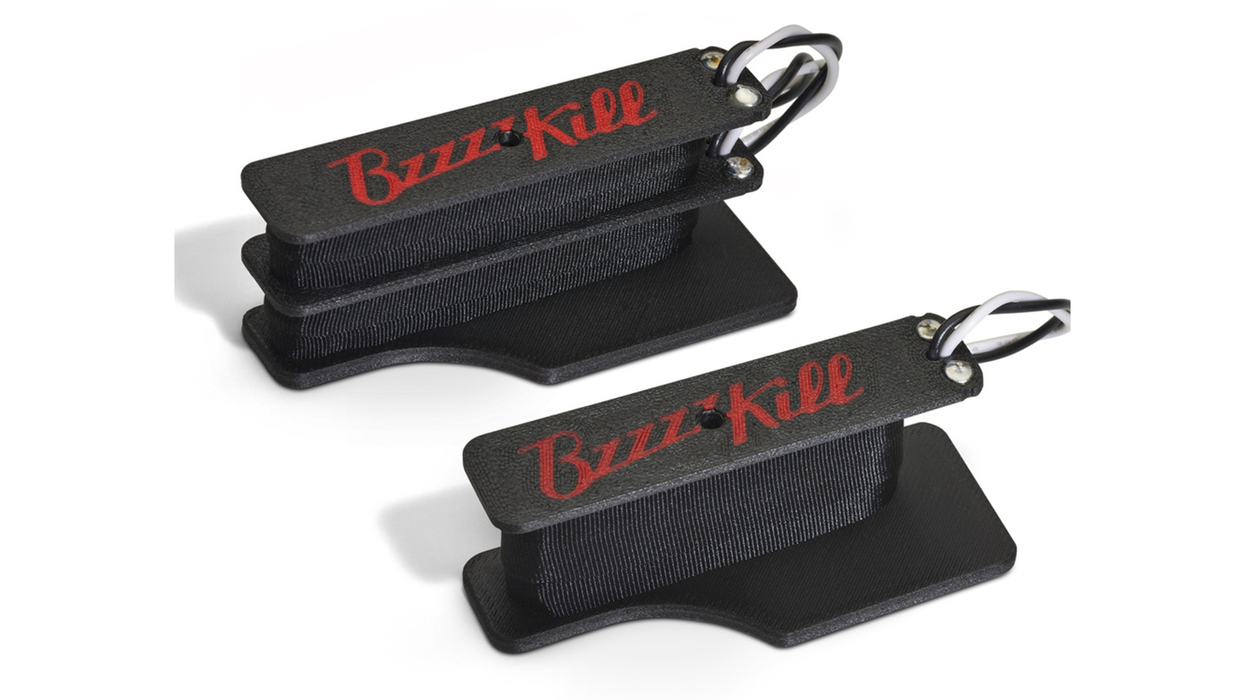


![Rig Rundown: Russian Circles’ Mike Sullivan [2025]](https://www.premierguitar.com/media-library/youtube.jpg?id=62303631&width=1245&height=700&quality=70&coordinates=0%2C0%2C0%2C0)






